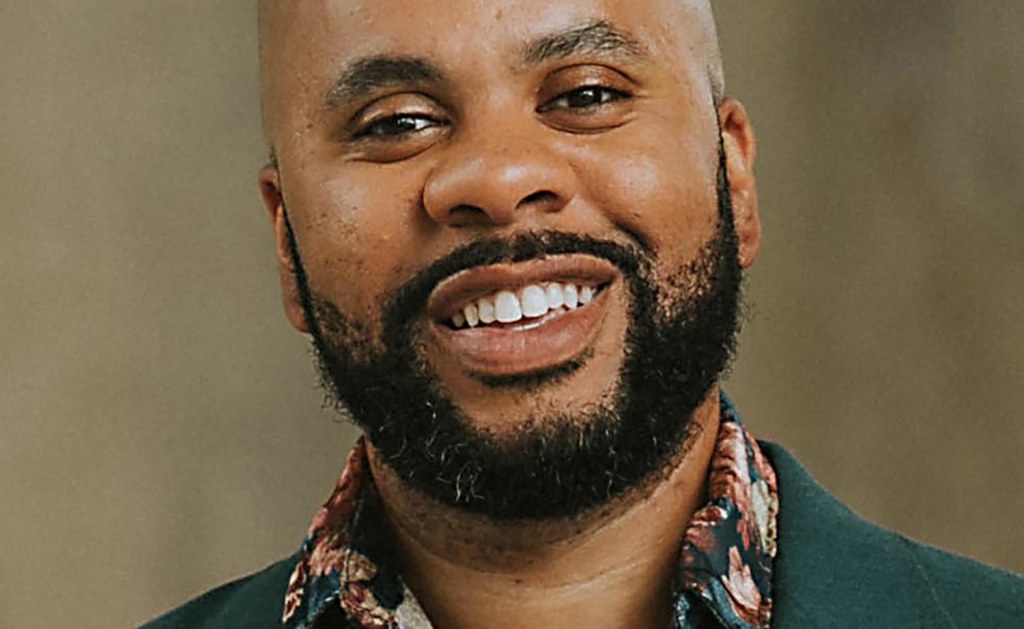My father has Parkinson’s, so I go there close to every month to hang out and try to make life for my mom a little easier.
Sometimes I’ll go up with a friend for a concert, and my parents welcome that person or persons with open arms, cooking meals and letting us use their house.
But lately some of my friends who have joined me on these trips have now become buddies with my mom and are asking her if they can stay up there without me.
The first time this happened, the friend called me and asked if I was OK with him asking, but the second time it was a different friend wanting to stay there with his girlfriend, and he never asked me.
For some reason it feels like being taken advantage of, and I let him know that I wasn’t comfortable with the situation and felt like there needs to be boundaries.
In the aftermath they treat me like I’m the bad guy because my mom was OK with them staying so they blame me for making it “weird.”
Am I in the wrong here and should I just let my mom deal with it, or is it good to set some boundaries?
– Full House
Dear House : Boundaries are great, and boundaries are internal – they’re guardrails that we set for ourselves regarding what we will and won’t accept or do.
Other people don’t have to follow our boundaries, however. When they don’t, there can be consequences, but boundaries aren’t edicts.
So, it’s good that you expressed the way you felt – otherwise you’d be stewing. And, honestly, I don’t think it’s totally unreasonable to ask your friends to check in with you before crashing with your parents, even if it’s just a heads-up.
But we can’t force other people to behave in the ways that we want. If your parents don’t feel taken advantage of, then it’s best to let them play host when they so desire, trusting that if it was an inconvenience, they’d say no.
There’s no bad guy here. Weirdness happens; weird feelings happen.
I wish your friends had been able to see your point-of-view and talk it out. But it’s not too late to circle back with them and reset.
Dear Eric: As a physician I disagree with your advice to “Caring Friend,” the writer whose friend was experiencing intermittent blindness but wouldn’t get medical care because they experience claustrophobia in MRI machines.
Either way, this will not end well for the writer. If the friend dies, the writer will feel long-lasting guilt for not pushing harder. If the friend suffers further damage, the writer will be blamed for not being a stronger friend.
The writer needs to send the friend a note (or, better yet, an email so that there is a record) saying that they will no longer be in contact unless the friend sees a physician.
Physicians face this type of dilemma every day. Patients don’t take our advice yet blame us for the consequences. We are used to this (though still affected by it) but, at least, we have detailed records to support our advice.
– Reader
Dear Reader: If the letter writer severs the relationship with their friend, who is clearly experiencing some medical trauma and anxiety, and the friend dies or gets worse, having a written record of their separation is going to be a cold comfort. There are other solutions, both medical and personal.
Dear Eric : I am an anesthesiologist in Boston. While it wasn’t the point of the letter from “Caring Friend,” I wanted to let the writer know that MRIs can be done with sedation for patients with indications (claustrophobia, pain causing an inability to lay still or flat, delirium/dementia, etc.). I did one today with sedation.
It is definitely more common at bigger institutions but should be an option at almost any hospital that has an MRI machine and an anesthesiologist.
They may not want the MRI for fear of the diagnosis, or some other reason as opposed to the claustrophobia, but this option does exist.


